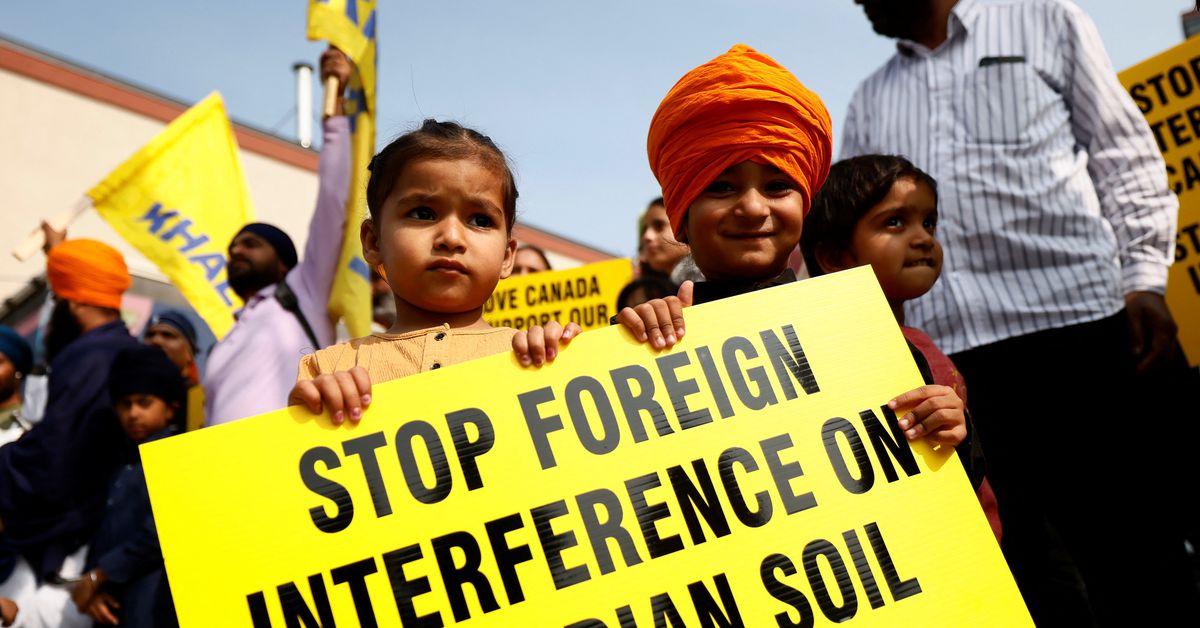India’s external intelligence service is a feared foe in its neighborhood: Pakistan, Sri Lanka and Nepal have all accused it of political meddling and involvement with outlawed groups that have perpetrated acts of violence.
Now, Canadian Prime Minister Justin Trudeau’s allegation last month that Indian government agents were involved in the June killing of Sikh separatist leader Hardeep Singh Nijjar in a Vancouver suburb has thrust Delhi’s secretive Research and Analysis Wing (RAW) into the global spotlight.
India angrily denied the allegations and demanded that Canada - which expelled RAW’s station chief - furnish evidence. Ottawa said it shared proof with allies, but will not release it publicly.
Reuters spoke to four retired and two serving Indian security and intelligence officials familiar with RAW who said the agency was galvanized to play a more assertive international role after the 2008 Mumbai attacks that left 166 people dead. The officials spoke on condition of anonymity to discuss sensitive matters.
Four officials said that RAW expanded its reach in Western nations gradually after 2008. One current official cited India’s failure to secure the extradition of a U.S. citizen convicted of involvement in the Mumbai attack as a key motivation for RAW to increase its sway in the West.



This is the best summary I could come up with:
NEW DELHI, Oct 4 (Reuters) - India’s external intelligence service is a feared foe in its neighborhood: Pakistan, Sri Lanka and Nepal have all accused it of political meddling and involvement with outlawed groups that have perpetrated acts of violence.
Now, Canadian Prime Minister Justin Trudeau’s allegation last month that Indian government agents were involved in the June killing of Sikh separatist leader Hardeep Singh Nijjar in a Vancouver suburb has thrust Delhi’s secretive Research and Analysis Wing (RAW) into the global spotlight.
Reuters spoke to four retired and two serving Indian security and intelligence officials familiar with RAW who said the agency was galvanized to play a more assertive international role after the 2008 Mumbai attacks that left 166 people dead.
One current official cited India’s failure to secure the extradition of a U.S. citizen convicted of involvement in the Mumbai attack as a key motivation for RAW to increase its sway in the West.
The Canadian Broadcasting Corporation reported in 2020, citing government and intelligence sources, that the country’s security services were monitoring the possibility of India and China using their diaspora to influence candidates in that year’s federal election.
RAW was created under a government order with no formal parliamentary or constitutional backing and is exempt from legislative oversight, according to PRS, a research group that studies India’s federal and state legislatures.
The original article contains 1,280 words, the summary contains 225 words. Saved 82%. I’m a bot and I’m open source!